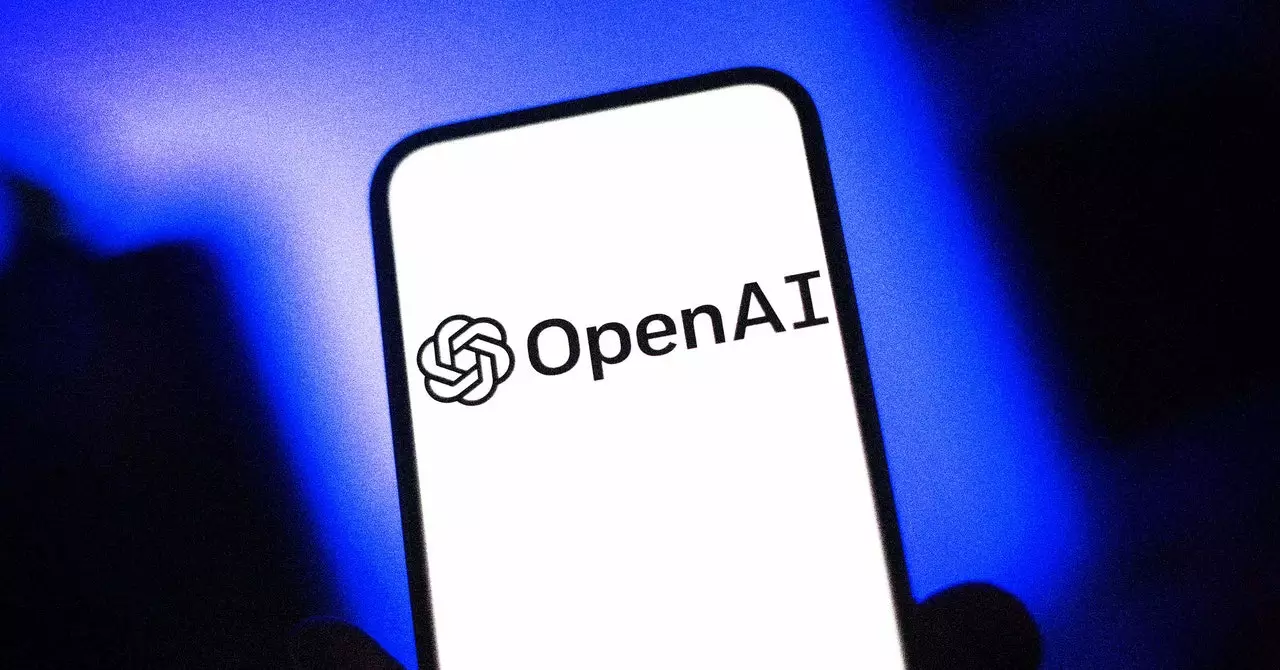In a recent development in the ongoing battle between artificial intelligence (AI) and the media industry, major Danish newspapers and TV stations have taken a stand against OpenAI. They are threatening legal action against the company unless it compensates the country’s press for the alleged unauthorized use of their content to train AI models. Karen Rønde, the CEO of the Danish Press Publications’ Collective Management Organization (DPCMO), which represents 99 percent of Danish media outlets, including state broadcaster DR and TV 2, has made it clear that they expect remuneration for their work that OpenAI has utilized for model training purposes.
This situation marks a new front in copyright law as AI technology continues to evolve. OpenAI, backed by Microsoft, has faced criticism and legal challenges for scraping news companies’ websites without permission to train its AI models. In response to such lawsuits, OpenAI has entered into licensing agreements with major publishers to access their content for training its future iterations of ChatGPT. Financial terms of these deals have not been publicly disclosed, raising questions about the value of media content in the AI landscape.
The Danish media’s approach of collectively demanding compensation from OpenAI sets a precedent that could influence other small countries facing similar challenges. While OpenAI has been engaging with publishers individually, the Danish media’s collective action signals a shift in strategy. Despite attempts to negotiate with OpenAI, Rønde has expressed concerns about Denmark’s position not being a top priority for the company. The focus on larger markets like Germany, France, and Spain has left smaller territories feeling neglected and undervalued.
Rønde’s urgency in reaching a resolution with OpenAI and Google’s Gemini within a year underscores the pressing need to protect publishers’ rights in the face of AI advancements. The rise of AI chatbots and search engine algorithms threatens to further marginalize publishers’ websites, potentially devaluing their content over time. Rønde emphasizes the importance of securing partnership agreements to safeguard the integrity and value of press publishers’ content before it’s too late.
The formation of the DPCMO in 2021 highlights the need for Danish media to unite in negotiations with tech giants such as Big Tech companies. By standing together, the DPCMO aims to ensure that Danish publishers are not overlooked or sidelined in discussions with major players in the industry. Past agreements with Microsoft’s Bing and Google laid the groundwork for compensating publishers for featuring their content in search engines. However, the lack of clarity on compensation terms underscores the challenges faced by publishers in securing fair deals with tech giants.
The confrontation between Danish media and OpenAI sheds light on the evolving dynamics between traditional media outlets and AI-powered technologies. The demands for compensation and recognition from the Danish press reflect a broader trend of media organizations asserting their rights in the digital age. As AI continues to reshape the media landscape, it is imperative for industry stakeholders to navigate the complexities of copyright law, content licensing, and fair compensation to ensure a balanced and equitable ecosystem for content creators and technology innovators alike.


Leave a Reply